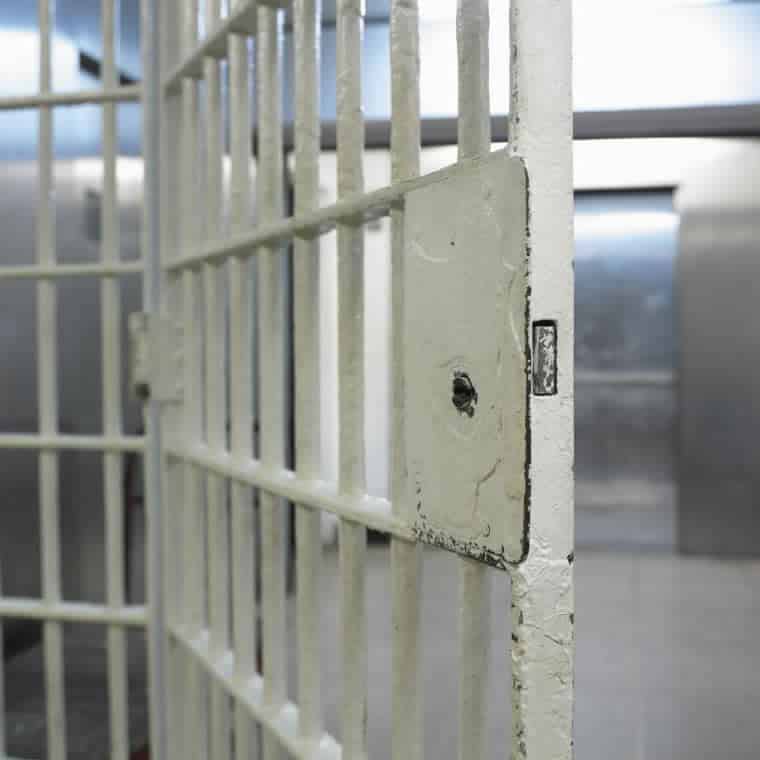I Just Left Prison
by Subomi Plumptre

I just left prison. Kirikiri Medium Security Prison, to be precise.
I accompanied a friend, on a mission to free inmates who had the option of fines. Some inmates spend months and in some cases years in prison, for “loitering” if they cannot afford a N50,000 fine! Another popular “offence” is, “No visible means of livelihood”. So, you are sentenced to prison by a mobile court, for begging for alms, but since you cannot afford to pay the fine and leave, you remain in prison! It’s a vicious cycle of hopelessness and anger.
In Nigeria, being poor is a crime. The fastest way to be imprisoned is not committing a crime. It is to be found “wandering” at Oshodi. You’re punished for not having a car too.
During our mission, as we produced the receipts for petty fines ranging from N10,000 to N30,000 (and 20 prisoners were discharged), I was overwhelmed by the joy on their faces. It seemed incredulous to the prisoners, that yesterday they were serving time and today, they were free. We also gave each prisoner transport money to go home; some to their villages.
Freeing the prisoners was great, but I am troubled by a few things:
1. The number of those rounded up by task forces, and charged by mobile courts in Lagos, is increasing. It is alleged that this is a fundraising strategy for certain “interests”. It then stands to reason that once the task forces realise people’s fines are being paid, they have an incentive to continue increasing the number of those who are arrested. They will become the beneficiaries, at the cost of human lives.
2. The payment system for inmate fines is inefficient. The system does not capture double payments. In our case, two of the people we paid for, had been paid for by someone else. So, the system got paid twice and was still the beneficiary.
3. The practice of sentencing minors still persists. Your age is whatever the mobile court says it is.
Beyond setting prisoners free, we need to support NGOs that focus on advocacy and reform. Only then, will we see systemic change. We also need bloggers and members of the press to report on prison issues. The widely reported case of 82 children who were imprisoned at Badagry, would never have caught the attention of the Lagos State Chief Justice, if the matter wasn’t reported in the newspaper and online. Today, those children are free and owe their freedom to the press. Media is powerful. It is perhaps one of the few things that motivates Government to action.
To learn more about setting captives free, please check out the Angel Project Facebook Group.
I will say one more thing before I end this post. Giving is a choice. There will never be a time when you are less busy or have fewer financial responsibilities, unless you are not progressing in life. Make giving a habit. I give because I like Jesus and Jesus cares about prisoners, the sick, widows and children. And so, I dedicate a percentage of my income to giving. The money leaves my account quickly, so I don’t spend it. If you want to give, you will.
PS: Something the Deputy Comptroller General said at the prison, struck me. He said the Nigerian prison system is so overwhelmed, that he does not know how they would cope, without the consistent intervention of churches and other NGOs. I’m once again reminded that church is a critical part of the social welfare system in Nigeria. We got into the prison easily because of the church referral one of us had. While we were there, we saw a church group doing what we were doing – setting captives free.
I Just Left Prison Share on X In Nigeria, being poor is a crime. Share on X